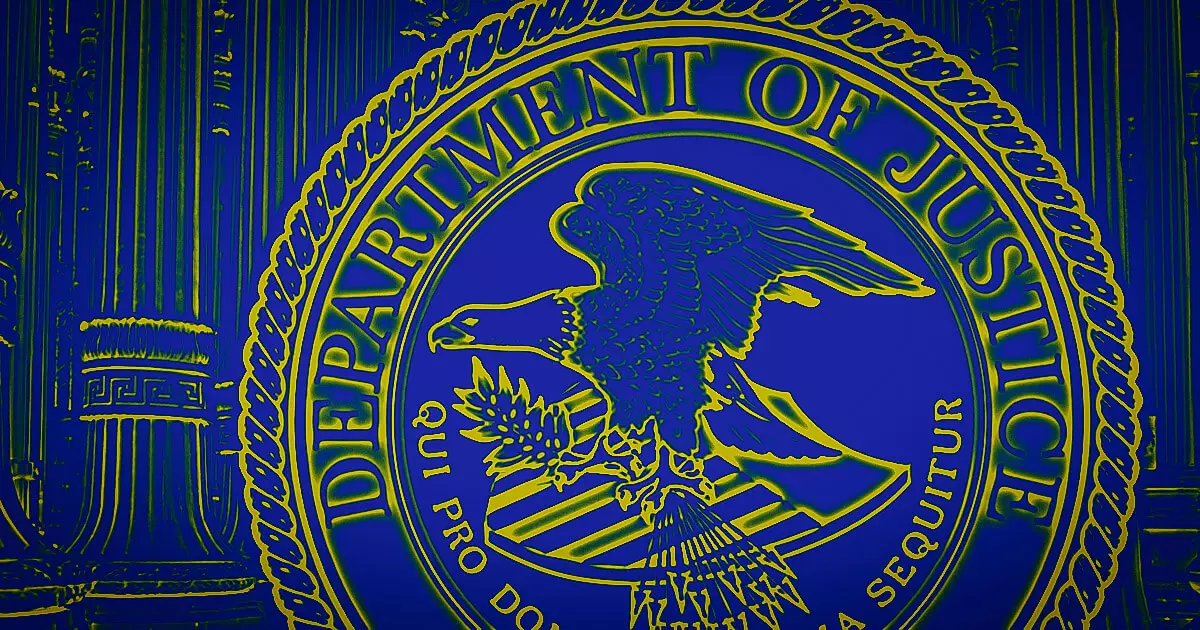Recently, Fintech giant Block, which oversees Square and Cash App, has come under the radar of federal prosecutors from the Southern District of New York. Allegations of significant compliance failures have surfaced, following disclosures by a former employee regarding lapses in the company’s transaction monitoring systems. The alleged mishaps involve Square processing transactions with entities in nations under US sanctions, such as Cuba, Iran, Russia, and Venezuela. Moreover, it is claimed that Block facilitated multiple crypto transactions for groups associated with terrorism, without reporting them to the necessary government bodies, as required by law.
According to sources familiar with the matter, the former employee highlighted that both Square and Cash App failed to collect and assess customer information effectively, hindering proper risk assessment practices. Despite becoming aware of these breaches, the firm allegedly did not take the necessary steps to rectify its procedures. Furthermore, Square apparently failed to conduct customer due diligence on international merchant sellers and wrongly reimbursed funds frozen for sanctions violations. Customers triggering sanctions alerts were still allowed to transact through Square and Cash App, raising concerns about the effectiveness of their compliance protocols.
An outside consultant’s review of Block’s internal systems revealed nearly 50 deficiencies related to monitoring suspicious activity, rating customer risk, and screening sanctions violations. This points towards a significant oversight in the company’s compliance mechanisms, potentially exposing them to regulatory risks. Despite these findings, Block’s senior management and board of directors were said to be aware of these compliance failures, indicating a lack of urgency in addressing the issues at hand.
In response to these allegations, a spokesperson for Block claimed that the company has a robust compliance program and actively addresses emerging threats and regulatory issues. They also mentioned hiring an outside consultant to showcase their commitment to compliance, with 50 deficiencies being deemed as “not unusual”. Block stated that they voluntarily reported questionable transactions flagged by the former employee to the Office of Foreign Assets Control (OFAC), subsequently receiving a no-action letter from the regulator. However, the former employee contradicts these claims, asserting that thousands of other transactions were not reported by the company.
The revelations surrounding Block’s compliance failures have led to significant internal upheaval within the company. Unexpected board member departures have further raised concerns about the firm’s governance and compliance culture. Federal regulators and law enforcement agencies are closely monitoring the situation, with potential penalties and the need for comprehensive reforms looming over Block’s operations. The ramifications of the investigations could be far-reaching, impacting the company’s reputation and standing in the fintech industry.
As a prominent player in the fintech sector, Block’s compliance shortcomings have put a spotlight on the importance of robust regulatory practices within the industry. The company’s involvement in traditional payments and crypto-related initiatives adds complexity to the situation, as regulators scrutinize their operations for any further breaches. The fallout from these compliance failures may necessitate a reevaluation of Block’s compliance framework and internal controls to avoid similar issues in the future. The company’s response to these challenges will be crucial in restoring trust and credibility within the market.

